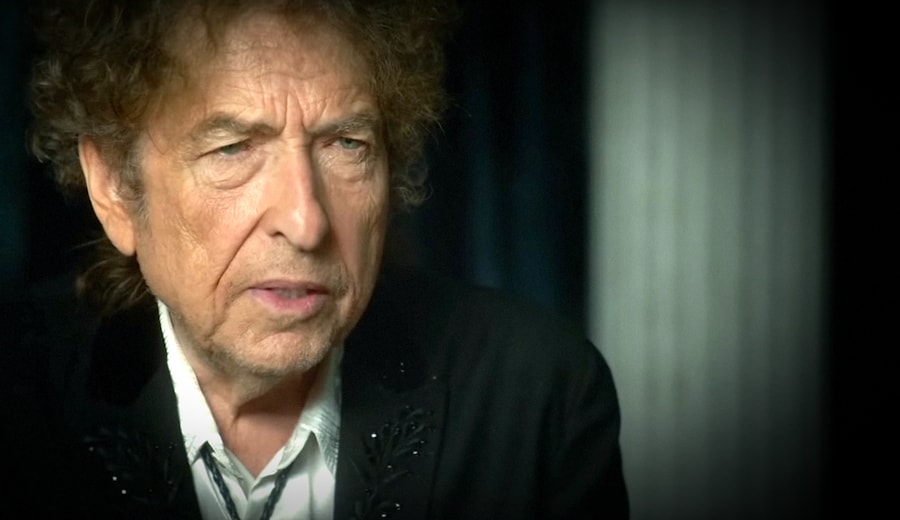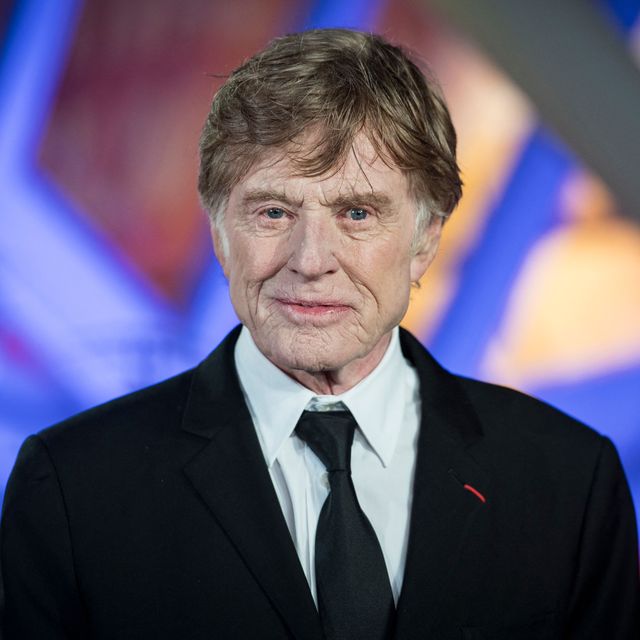Bob Dylan Breaks His Silence With a Shocking Line About Robert Redford — And the World Can’t Stop Talking
When Bob Dylan finally speaks, the world still listens. His single sentence about Robert Redford ignited a global firestorm, sparking debate across cultures and generations.

When Bob Dylan finally speaks, the world still listens. For decades, the Nobel Prize–winning songwriter has cultivated an aura of mystery, a figure who drifts in and out of the public eye, rarely giving interviews, almost never offering direct commentary on the political storm clouds of the present. That silence was broken this week with a single sentence, and it was enough to ignite a firestorm.
Speaking from a dimly lit stage in a rare, small-club appearance, Dylan was asked casually about the current state of America’s cultural divides. He leaned into the microphone and, almost in a whisper, said words that would reverberate far beyond the room:
The sentence was short, cutting, and unmistakable. Within minutes, audience members had uploaded shaky recordings online. By sunrise, the clip had spread across X, TikTok, and YouTube. By noon, the phrase had been translated into half a dozen languages and was making front-page news in Europe and Asia. Dylan, who has spent a lifetime dodging easy labels and sidestepping contemporary debates, had suddenly dropped himself squarely in the center of America’s culture wars.

The reactions were immediate and fierce. Supporters of Redford expressed shock and disappointment, many struggling to understand why Dylan would target someone so often admired for his social conscience. Commentators across media outlets rushed to interpret Dylan’s words: was this a rebuke of celebrity activism? A rejection of Hollywood’s self-image as a moral guide? Or simply Dylan’s cryptic way of telling the world that art must remain suspicious of all forms of establishment authority—even progressive ones?
Within 24 hours, hashtags like #DylanVsRedford and #MusicResists were trending worldwide. Editorial boards weighed in. The Guardian praised Dylan for “reminding us that art, at its best, has always challenged power and conformity.” The Wall Street Journal argued that Dylan’s quip was “a tired cliché of an old countercultural icon unwilling to engage with ideas outside his bubble.” NPR ran a segment exploring the long history of musicians clashing with Hollywood figures.
“Bob Dylan doesn’t waste words,” noted cultural historian Greil Marcus. “When he finally names someone, especially in a way so absolute, it matters. It’s a signal. He’s telling us something about what he thinks music is for, and what it is against.”

Redford, for his part, responded swiftly. In a written statement released through his foundation, he struck a note of grace but also confusion. “I have always admired Bob Dylan’s work and the power of his music,” Redford said. “If he sees me as part of what music should resist, then perhaps it is a reminder that all of us in public life must keep questioning ourselves. I have never claimed to have all the answers—only to keep telling stories that matter.”
Bottom line: In a culture saturated with noise, Dylan’s voice still cuts through. Whether one agrees with him or not, his reminder echoes: music was meant to resist.

